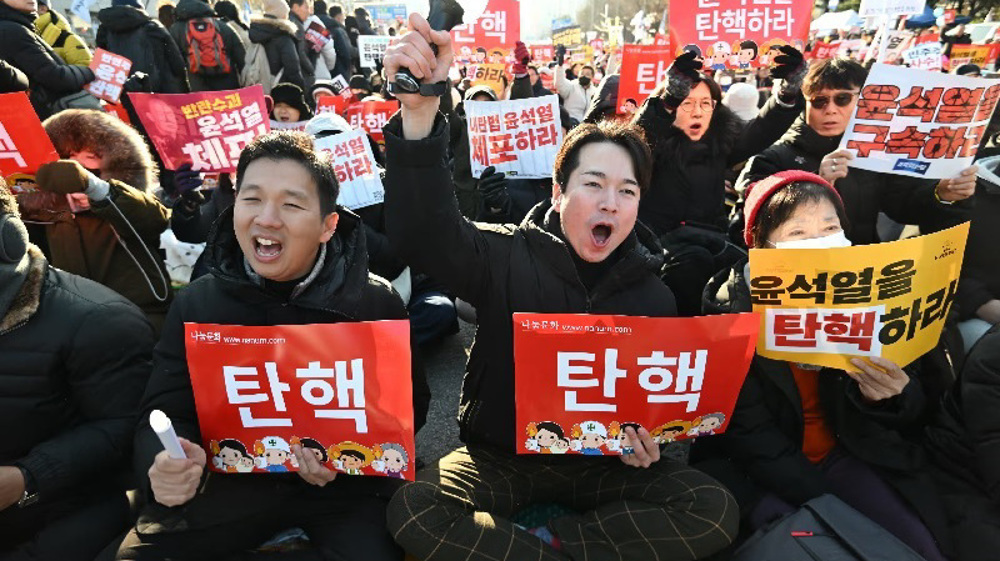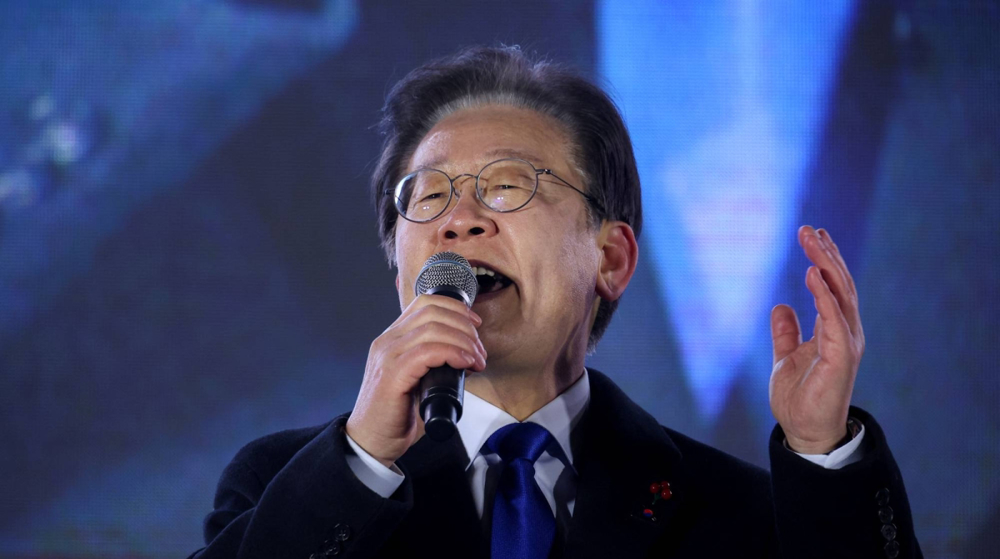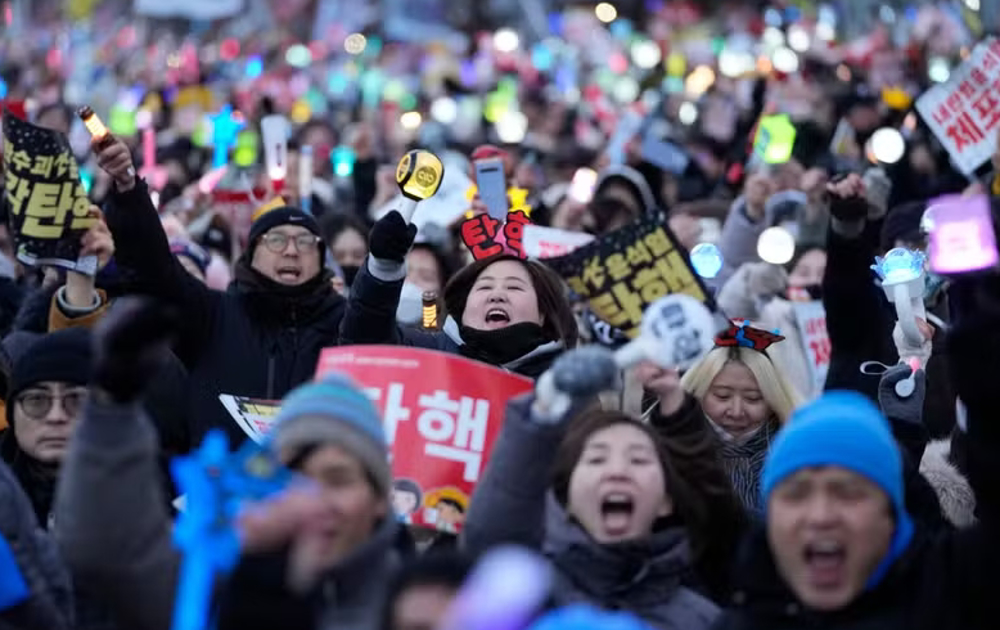China, Russia warn US over Korea missile deployment plan
Russia and China have vowed to mutually counter increasing US military presence on the Korean Peninsula, calling on Washington to forgo the installation of a new anti-missile system in the region.
Meeting in Beijing on Friday, Russian Foreign Minister Sergei Lavrov and his Chinese counterpart, Wang Yi, expressed opposition to Washington’s deployment of the Terminal High Altitude Area Defense (THAAD) system in South Korea.
“Relevant countries shouldn’t use Pyongyang’s acts as a pretext to increase their military presence on the Korean Peninsula,” Lavrov said during a joint news conference.
South Korea and the US accuse North Korea of pursuing controversial missile programs aimed at delivering nuclear warheads. They have been in formal talks since early this year for the deployment of the THAAD missile system.
“We believe the possible deployment of the THAAD anti-missile system won’t resolve this problem,” Lavrov said.
China has also called on the US to refrain from deploying the sophisticated missile system in the region, saying it would “directly affect strategic security of Russia and China,” Wang said.
He said the deployment could “add fuel to the fire of an already tense situation and even possibly wreck the regional strategic balance.”
North Korea launched a long-range rocket in February this year, which it said was aimed at placing an earth observation satellite into orbit.
The US and the South, however, denounced the move as a cover for an intercontinental ballistic missile test.

Pyongyang was recently placed under the toughest sanctions in two decades. The country, however, has pledged not to relinquish its nuclear power unless the US ends its hostile policy and dissolves the US-led military command in South Korea.
On Friday, North Korea’s military said US soldiers have been trying to provoke its border troops with “disgusting” acts and encouraging South Korean forces to aim their guns at the North.
A statement, carried by Pyongyang’s official Korean Central News Agency (KCNA), called on the US troops to stop “hooliganism.”
Pyongyang accuses the US of sending spies to North Korea and plotting with South Korea to topple its government. Several Americans have been held in North Korea in recent years.

On Friday, North Korea’s Supreme Court sentenced a Korean-American man to 10 years of hard labor for subversion.
Sixty-two-year-old Kim Dong Chul, who had been arrested for espionage in October, had admitted to committing “unpardonable espionage,” including stealing military secrets, according to KCNA.
An American university student was also sentenced to 15 years of hard labor last month. Otto Warmbier, 21, had been arrested in Pyongyang in January while visiting the country as a tourist.

UN considers new sanctions
On Thursday, Pyongyang reportedly fired two mid-range Musudan missiles from a submarine, which the United States quickly dismissed as a “catastrophic” failure.
In New York, the United Nations Security Council is preparing to take new measures against Pyongyang over the test launch.
After a closed-door meeting on Thursday, Japanese Ambassador Motohide Yoshikawa said that diplomats were unanimous in condemning North Korea’s latest launches.
South Korea and the US are concerned that the North is preparing to conduct a fifth nuclear test. The South Korean military says Pyongyang is technically ready for a nuclear test.
VIDEO | Yemeni forces repel US-British attack, down F-18 Jet
Iran’s capabilities vast; enemy’s ‘maximum pressure’ policies all failed miserably: Senior official
Iran’s economy grew 2.7% y/y in Sep quarter: CBI
VIDEO | Freelancers in Gaza strive to stay online amid genocide
Mikati demands Israel's withdrawal from south Lebanon
Yemeni army strikes Israeli military sites with drones
‘Clock ticking’: UNRWA slams unjustifiable killing of children in Gaza
BP to be sued in Britain for supplying oil to Israel















 This makes it easy to access the Press TV website
This makes it easy to access the Press TV website